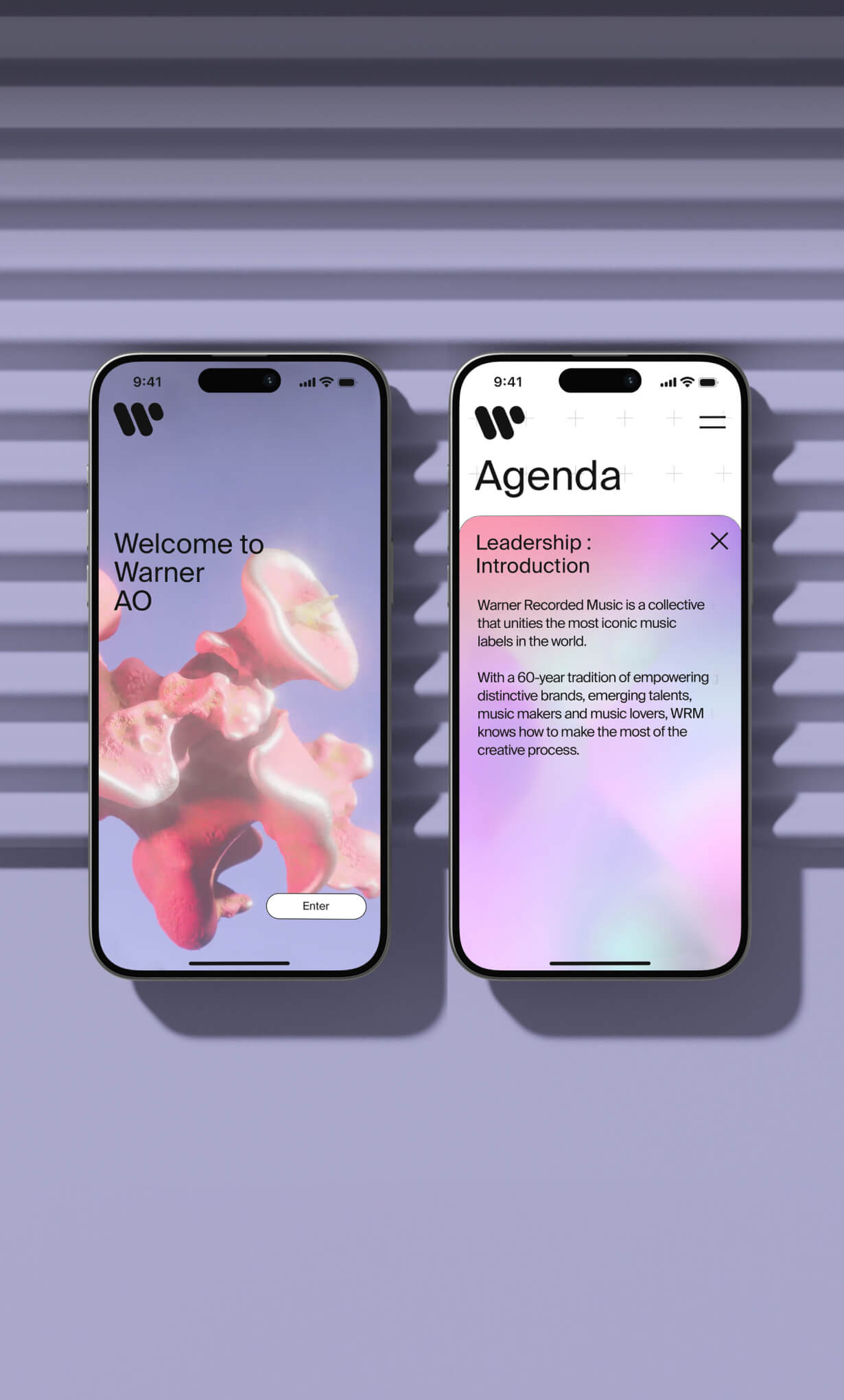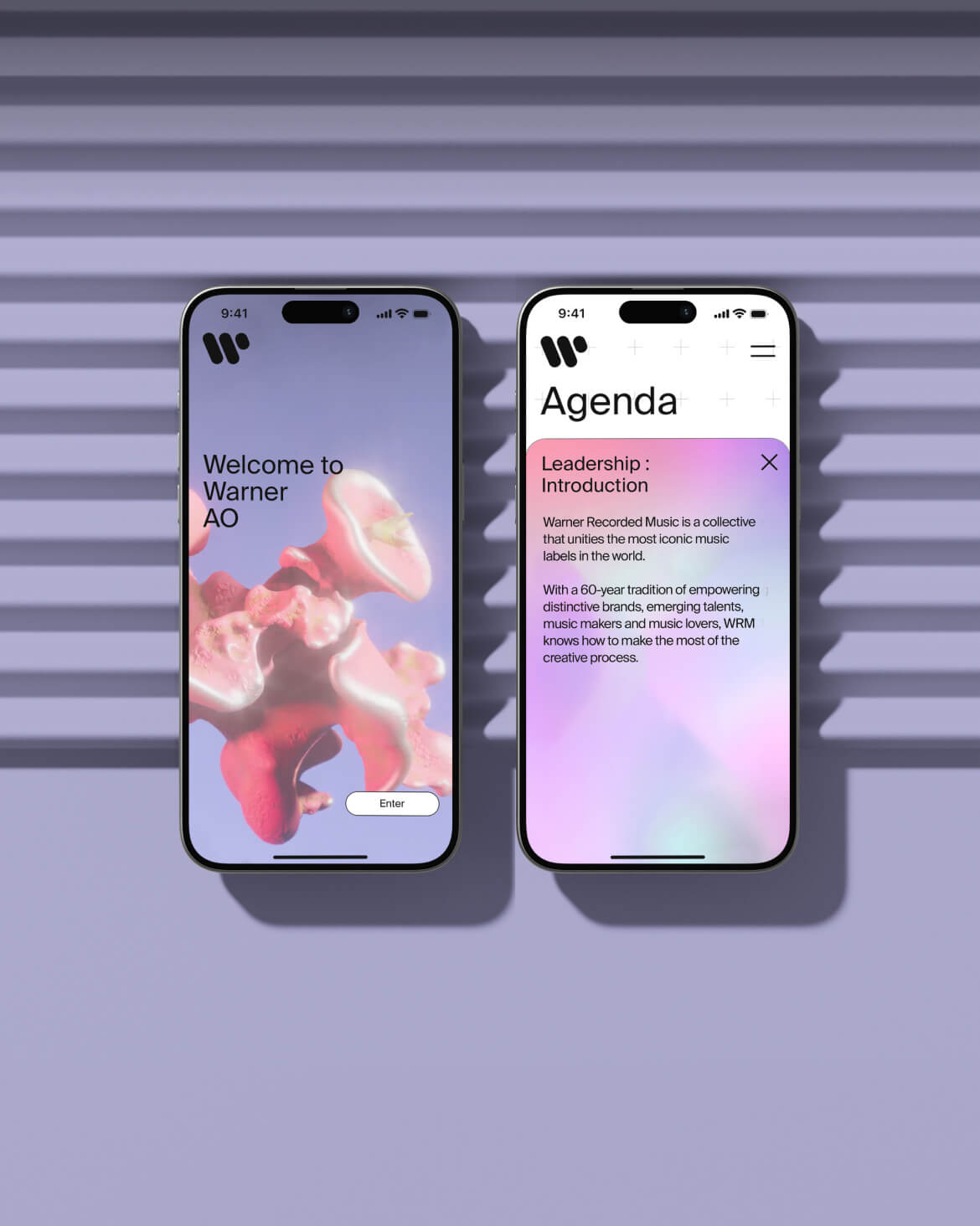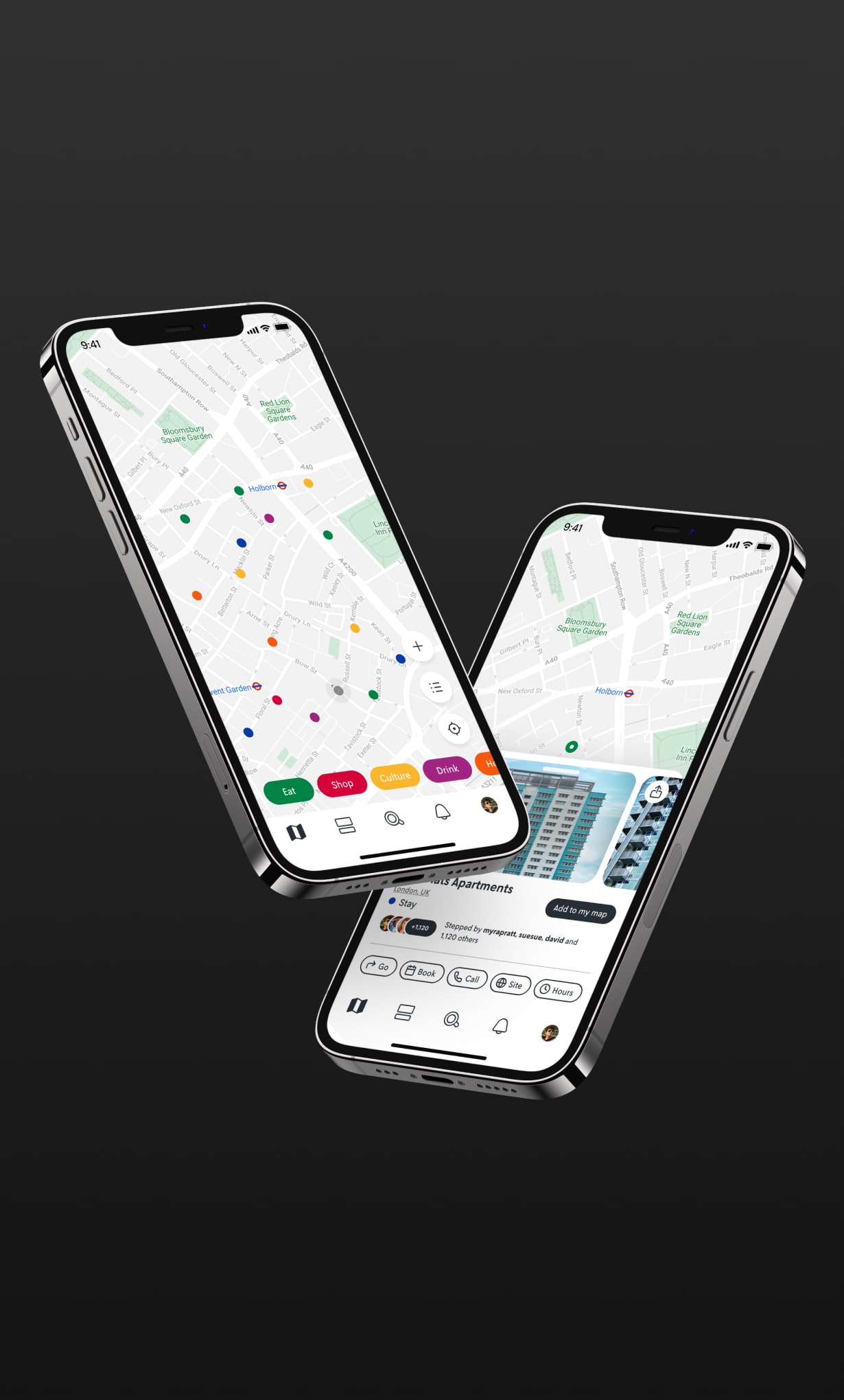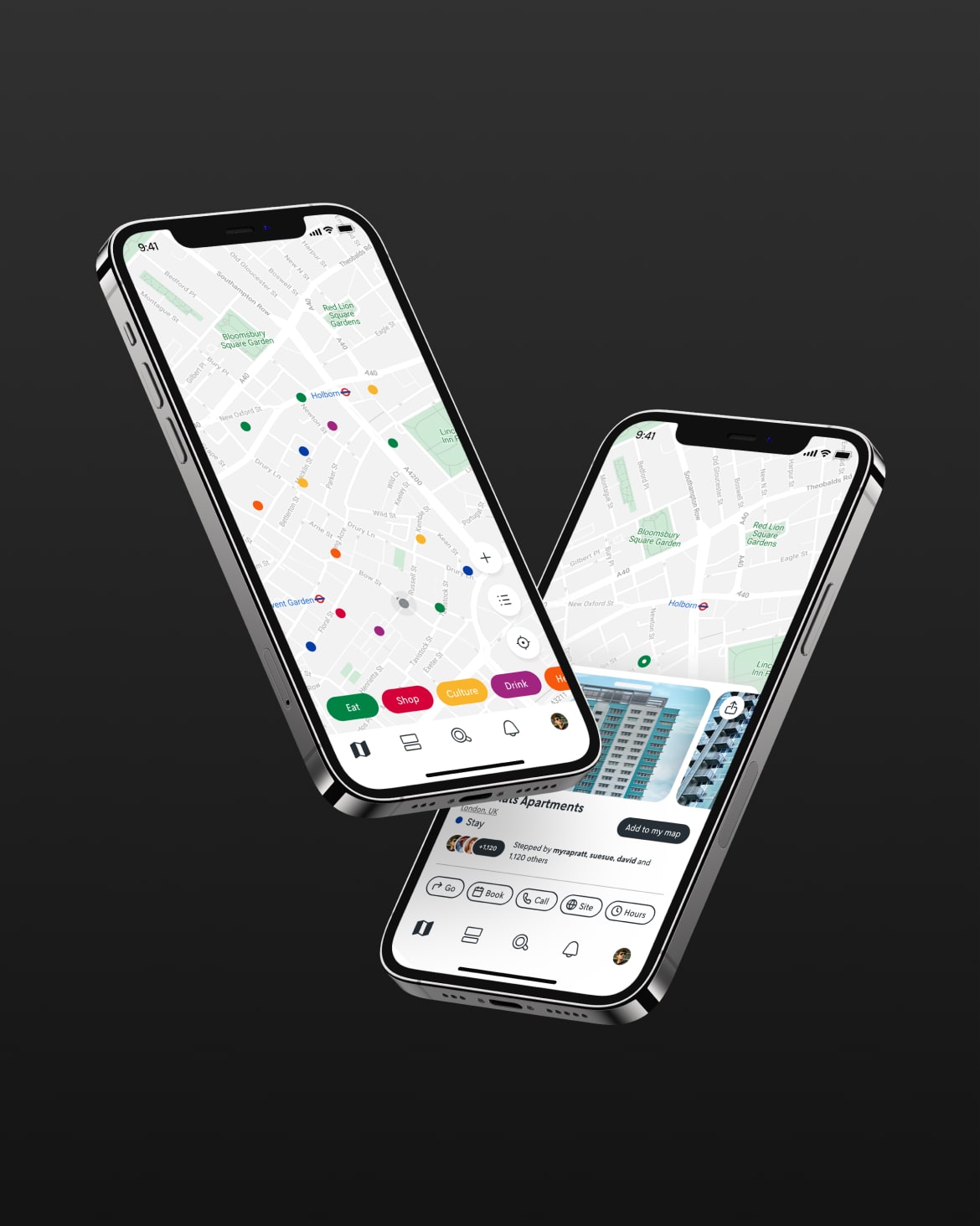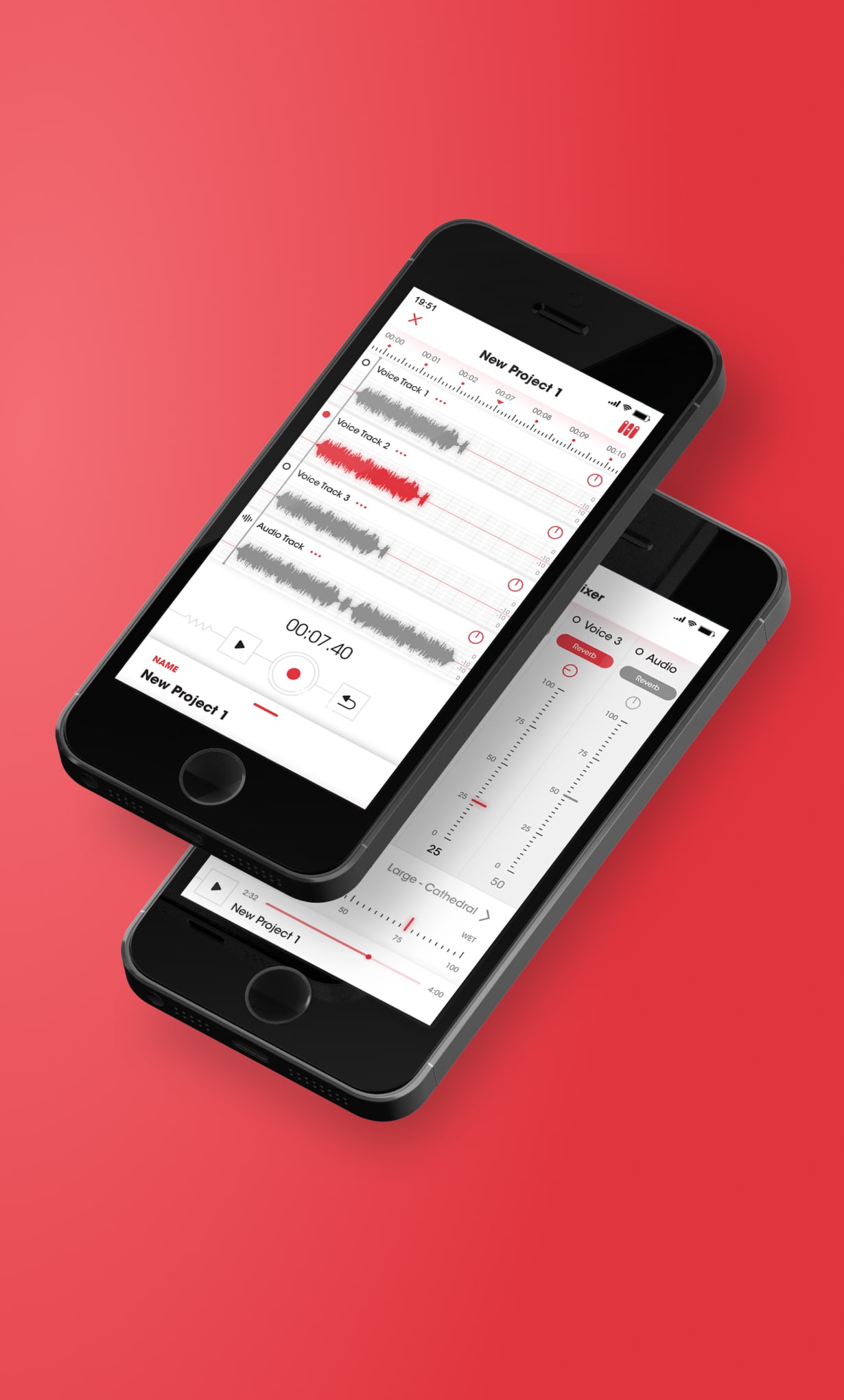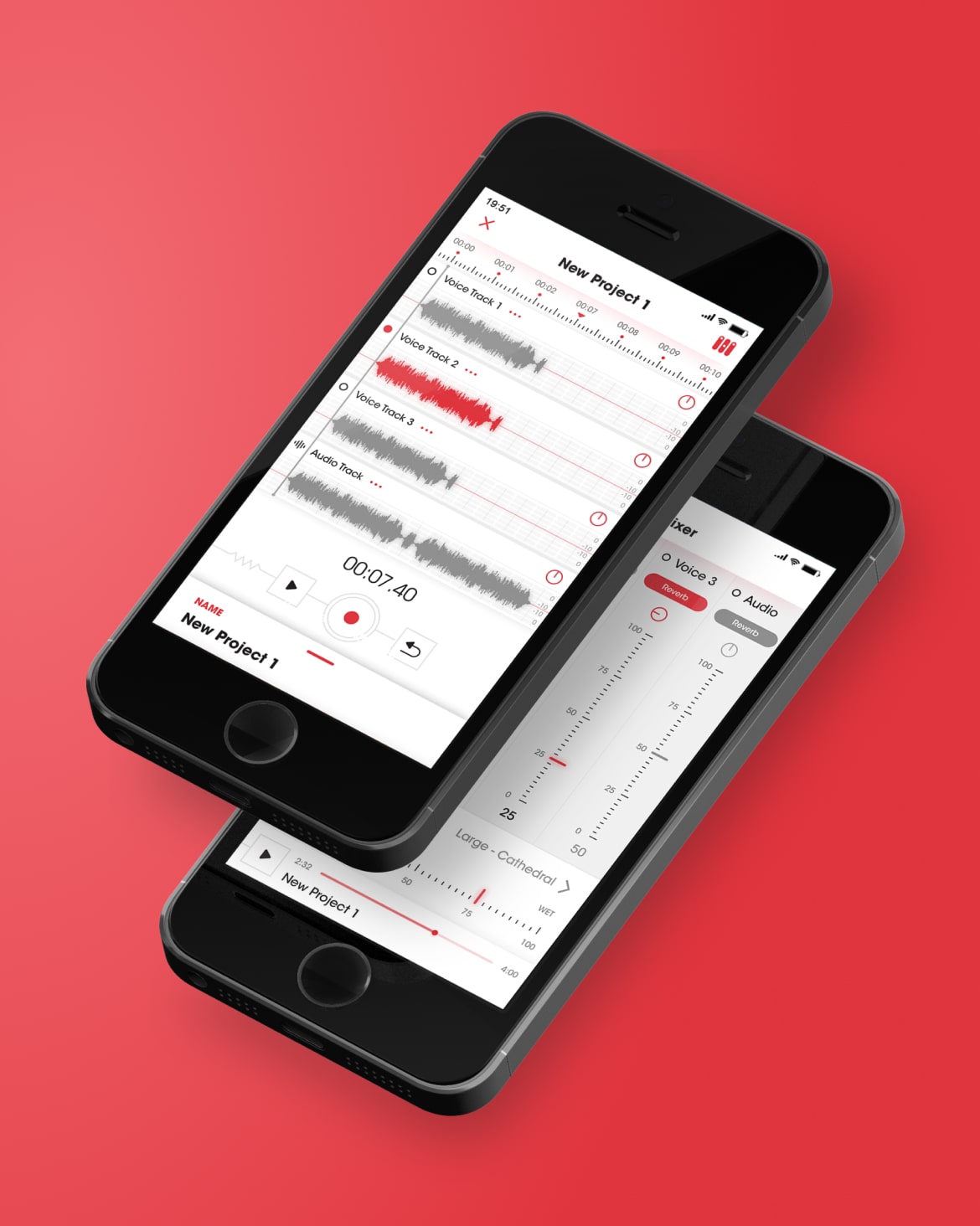iOS Application Development Services
Build iOS Apps users trust
Create sleek, high-performing iOS apps that meet Apple’s standards — all while delivering the polished experience your customers expect.
Consult your idea
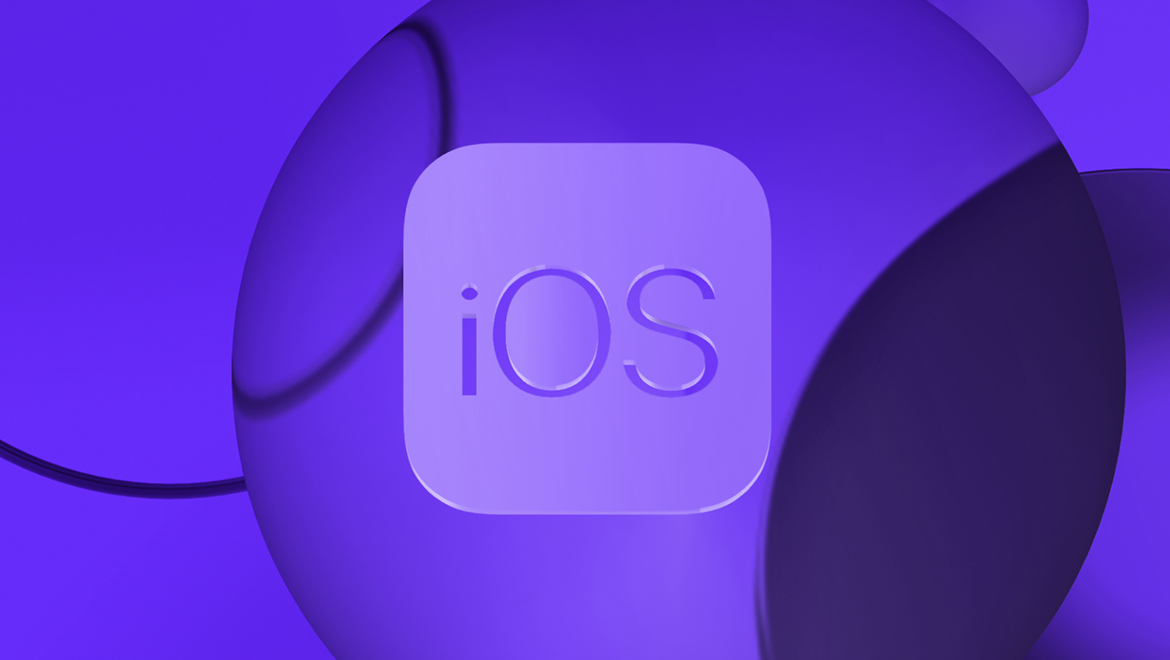
4.9
rating of mFLOTA ORLEN app on App Store
+150K
App Store reviews of BNP Paribas app
5.0
Clutch rating of TUI app for iOS/Android
Benefit from our iOS application development
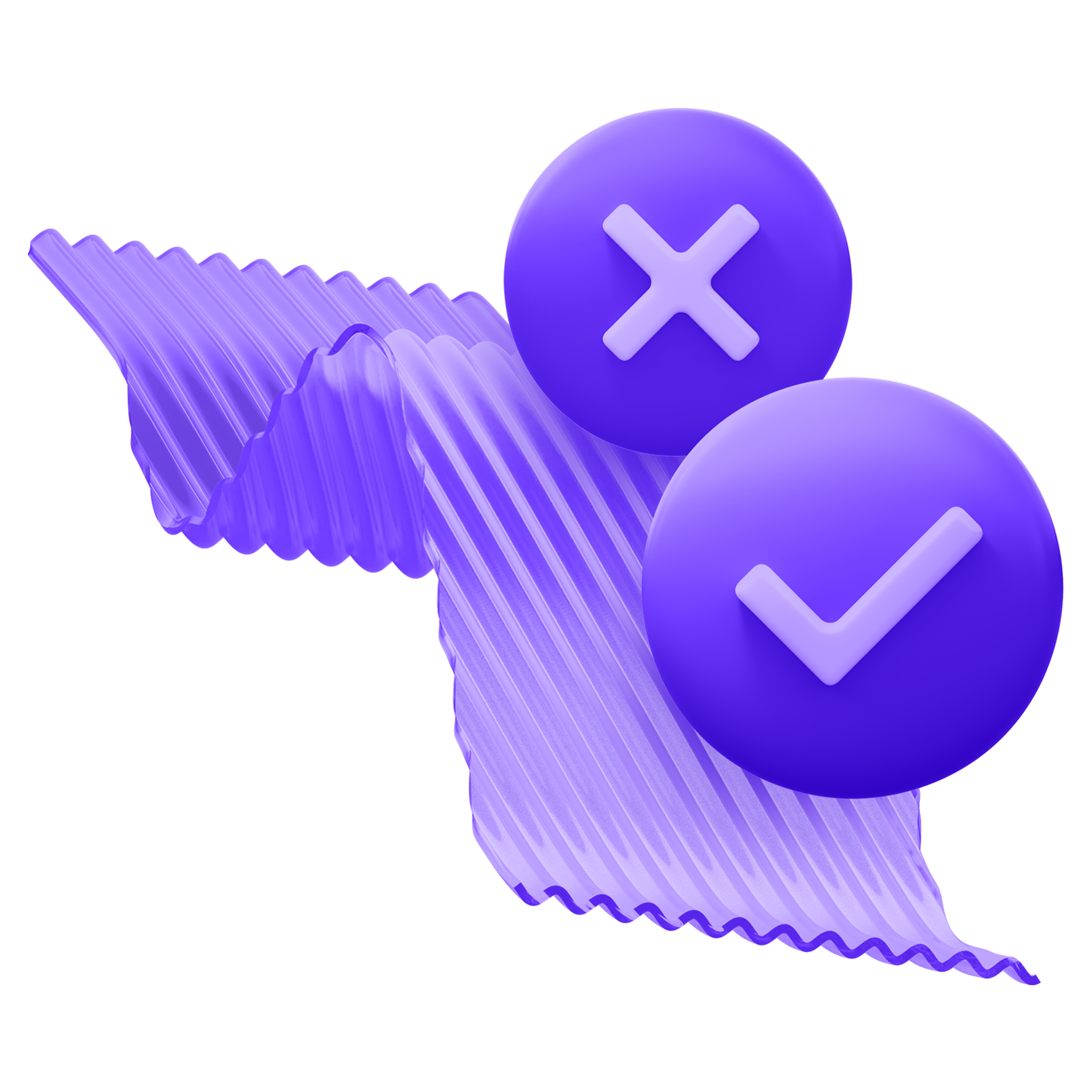
Win App Store approval
Build with Apple’s review process in mind from day one. We follow platform guidelines precisely to help your app pass on the first try. No vague rejections, no endless tweak cycles, and no launch delays.

Deliver Apple-grade polish
iOS users expect elegance, performance, and flawless interaction. We design apps that feel right at home in the Apple ecosystem, earning the trust and loyalty usually reserved for Apple itself.

Stay in sync across platforms
Ensure a consistent experience between your iOS and Android apps. We preserve UX coherence while adapting to iOS-specific patterns, so your brand feels unified – no matter where users engage.

Prepare for every iOS shift
Anticipate changes before they cause issues. We stay ahead of Apple’s evolving policies, privacy rules, and hardware updates to keep your app compliant and stable.
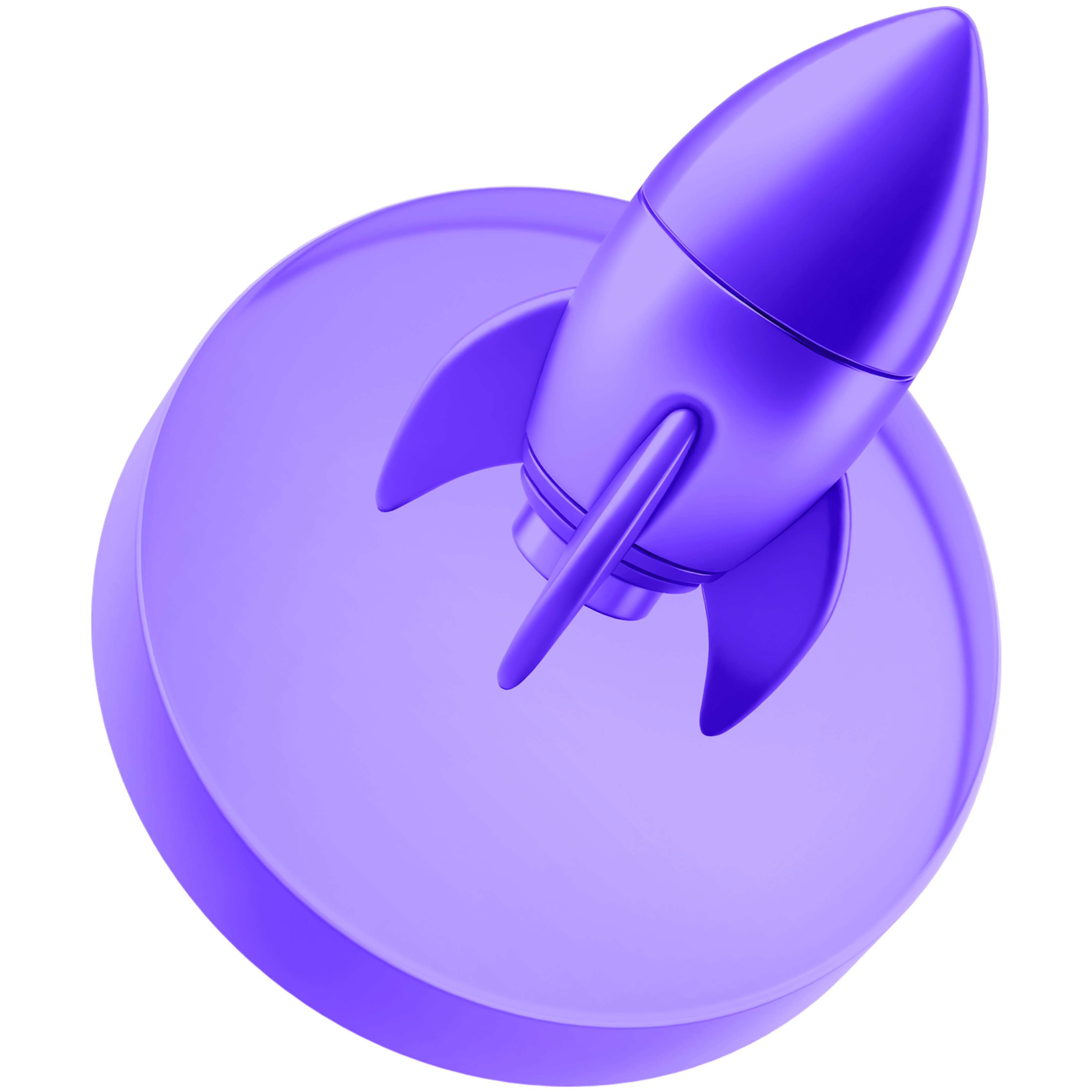
Streamline secure internal delivery
Distribute internal or enterprise apps with confidence. We handle provisioning, certificate management, and deployment so your teams can test, launch, and scale without friction.
1 of 5
The story behind the first Flutter project in Europe
The Miquido team developed native iOS and Android apps in just ten weeks, overcoming audio latency challenges with Flutter.
Our solution gained official recognition, being showcased at Google I/O 2018 and Flutter Live later that year as the first Flutter project in Europe. It also earned two UK App Awards, making it an exemplary success in the Flutter community.
Here’s what our clients say
Discover our client success stories. See the challenges we overcame and the solutions that led to exceptional business results.
See our portfolio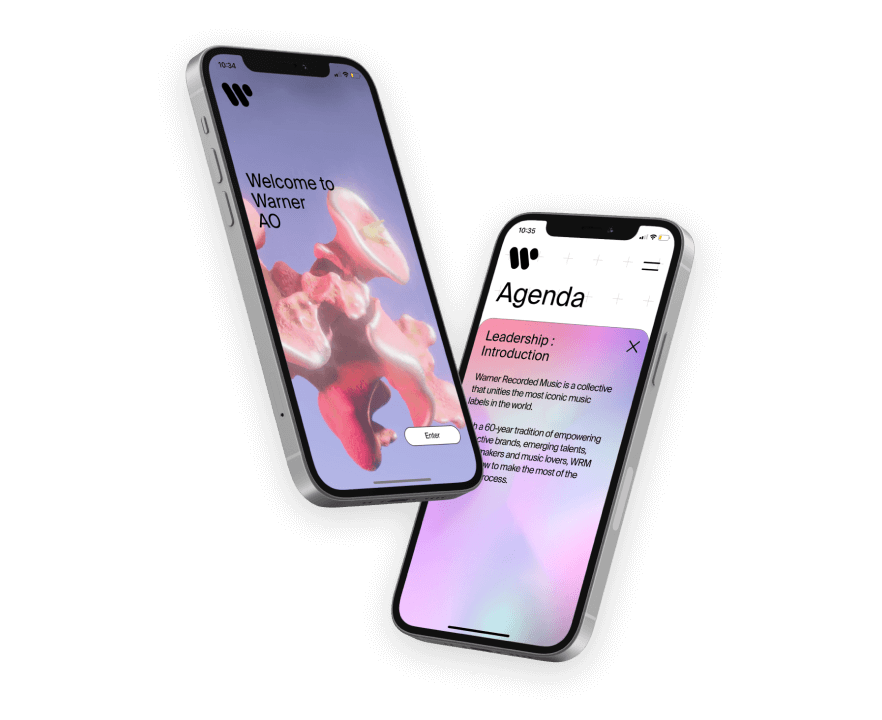
They not only delivered such a great, user-friendly app, they also paid a lot of attention to every detail.
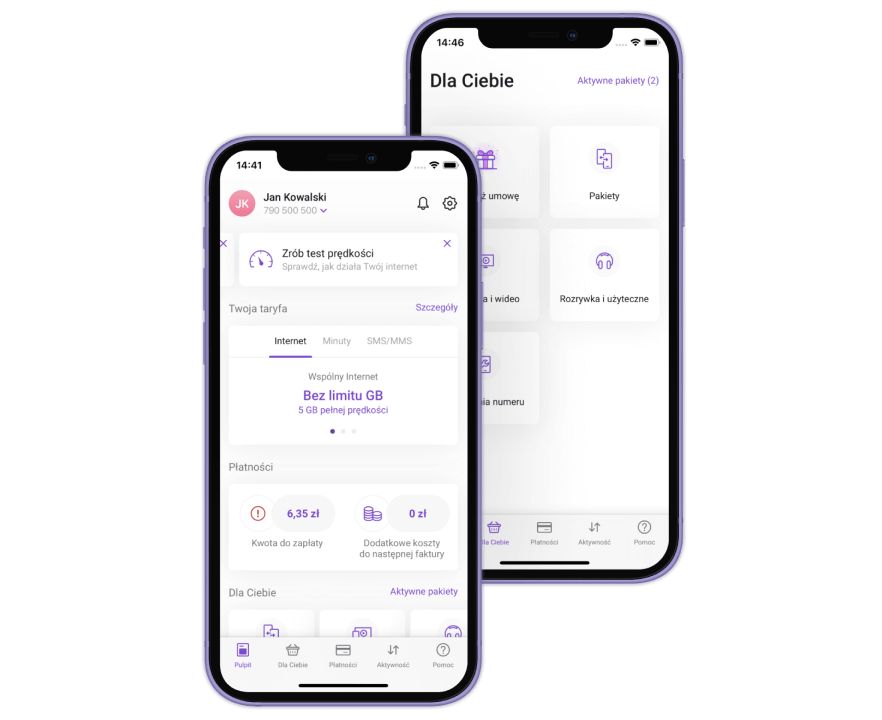
They are a business partner that we feel like we can 100% rely on.
1 of 2
What language is best for iOS app development?
Swift is a programming language developed by Apple. This language enables developers to build quick and easy native apps in the Apple ecosystem. Swift owes its popularity to modern language features, stability, good performance and scalability.
Objective-C is a language with object-oriented programming capabilities. Although it is a reasonably mature programming language, it is appreciated for its stability and dynamic typing. However, it is worth adding that Objective-C is characterised by a large amount of code and legacy projects, making it used less and less in favour of Swift.
Java Script is a universal language for app development. The most significant advantage of JS is the ability to build multiplatform applications. This means that you don’t have to create just an iOS app but use the same code to develop apps based on both Android and iOS. Java Script is also recommended because of its rich user interfaces that provide a good User Experience. It is also worth mentioning that it is one of the most popular programming languages in the world, which means it has a vast community and tools.
Dart is a cross-platform language to develop mobile applications. However, this language allows you to create apps for iOS, Android, Linux, Windows and Mac using one codebase. Dart owes its popularity to rich libraries and fast testing using Flutter – Dart framework.
Which one should you choose for your digital product? It depends on your needs and requirements. If you want to create a native app, it is probably best to use Swift. That is because Swift is a newer language than Objective-C and creating solutions in Swift can be much more convenient. However, cross-platform solutions will be the best option if you want to build an app for both iOS and Android or multiplatform web apps.
Which frameworks are best for iOS Development?
SwiftUI: This framework introduced in iOS 13 provides a more modern and declarative approach to building user interfaces in iOS. SwiftUI simplifies the code required to build user interfaces and allows developers to create UIs that automatically adapt to different device sizes and orientations.
UIKit: This framework has always been used in IOS development and is still used in a lot of projects. UIKit’s main advantages are its maturity and stability. In addition, it includes ready-to-use UI elements that will save time when creating the design.
Flutter: This is a popular cross-platform mobile app development framework that can be used for building iOS apps as well as Android apps. Flutter allows developers to create high-performance, visually attractive mobile apps with a single codebase that can run on multiple platforms, including iOS. One of the main advantages of Flutter for iOS development is that it uses the same UI framework for iOS and Android, called Flutter widgets. This means that developers can create an app that looks and feels native on both platforms with the same codebase, which can save time and resources.
React Native: A popular open-source mobile app development framework that allows developers to build high-performance, native-looking mobile apps for multiple platforms, including iOS. It is based on the React.js library and allows developers to write code in JavaScript or TypeScript, which is then compiled into native code. One of the main advantages of React Native for iOS development is that it provides a way to create native-looking UI components that closely match the iOS look and feel. React Native also comes with a wide range of pre-built UI components and modules to help developers quickly create complex mobile apps.
These are just a few examples of the many frameworks available for iOS app development. The choice of which one to use depends on the specific needs and requirements of the project. If you are still determining which framework is best for your digital solution, contact us, and we will help you choose the best solution tailored to your needs.
How long does it take to develop an iOS app?
The main factor affecting the time it takes to create an app is the size of the app. A basic app with simple functionality can be created in as little as 3-4 months; a more complex app can take 6-7 months. On the other hand, making a multifunctional, complex digital product can take up to a year. Time is also affected by the team size – the larger the project team, the greater the chances of reducing production time. However, it is also worth mentioning that the entire creative process includes the code writing phase but also the strategy, analysis, design and testing phases. Each of these stages is extremely important in developing an excellent mobile application. In the strategy and analysis phases, you establish key objectives, product functionalities, and business challenges or define the MVP.
On the other hand, the design phase is essential for increasing user engagement. User Experience and User Interface design are the crucial aspects influencing user satisfaction with your app. The testing phase is crucial to ensure the security and stability of your product.
Developing a mobile app is a highly complex process; each phase can significantly affect the development time. If you need to release a digital product quickly, choose a one-stop custom software development company that will complete the various phases of the project comprehensively.
What are the benefits of building a native iOS app?
In addition, developing applications on a specific platform can improve scalability. The native application architecture allows the use of native built-in components. Using native solutions also reduces the risk of bugs and errors . You can also count on better support, both technically and about problems with, for example, the app’s release in the App Store.
So if you want good performance, a more customisable design or better support, choosing a native app is a good option.
How do I choose an iOS development company?
One of them is the experience of a given company in developing this type of solution. The more experienced the team, the shorter the development time, but also the more consistent and stable the application. You must also ask yourself whether you want a native or cross-platform solution. Another important aspect is the scope of services. Do you only want to create an application based on the guidelines you have prepared or a comprehensive service, including the development process and strategy planning or design? Time and budget are also important and may vary from company to company.
Remember, however, that a good software development company also means a good digital product. It is worth choosing a business partner who will provide a comprehensive approach to the project and be with you every step of the way.
Haven’t you found the answers?
Talk to usAvailable for projects
Want to talk about your project?
Partner with us for a digital journey that transforms your business ideas into successful, cutting-edge solutions.






